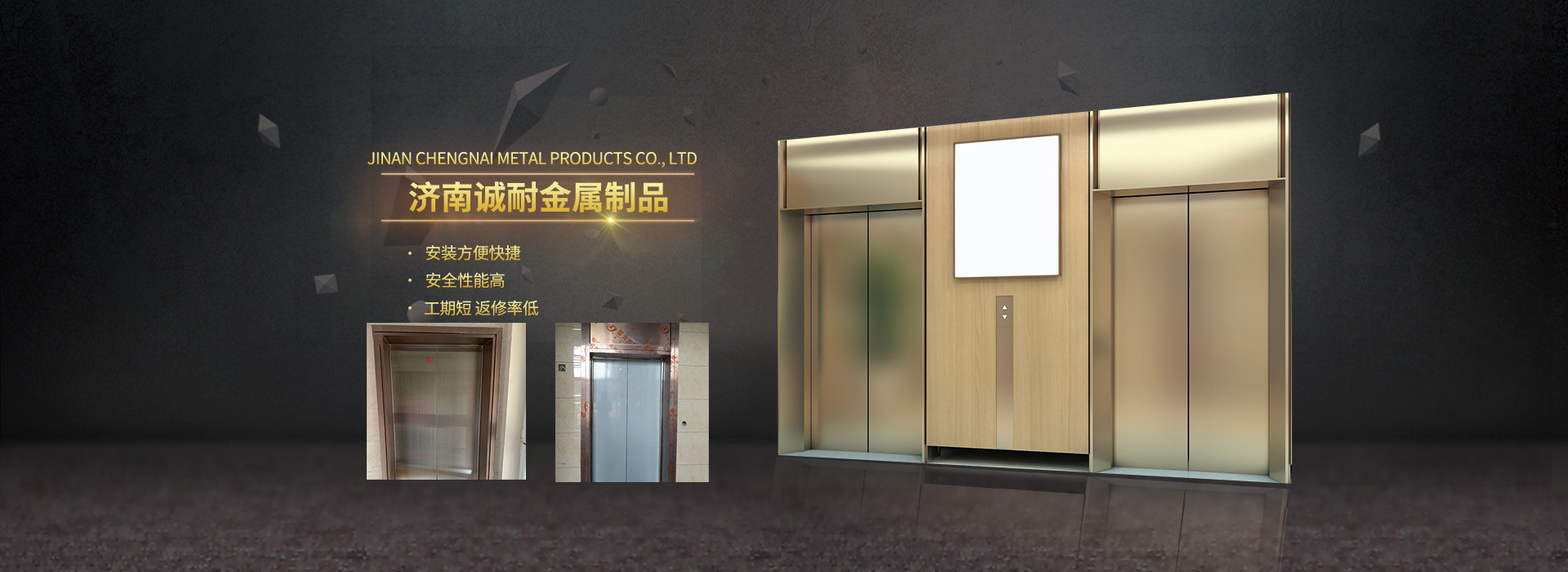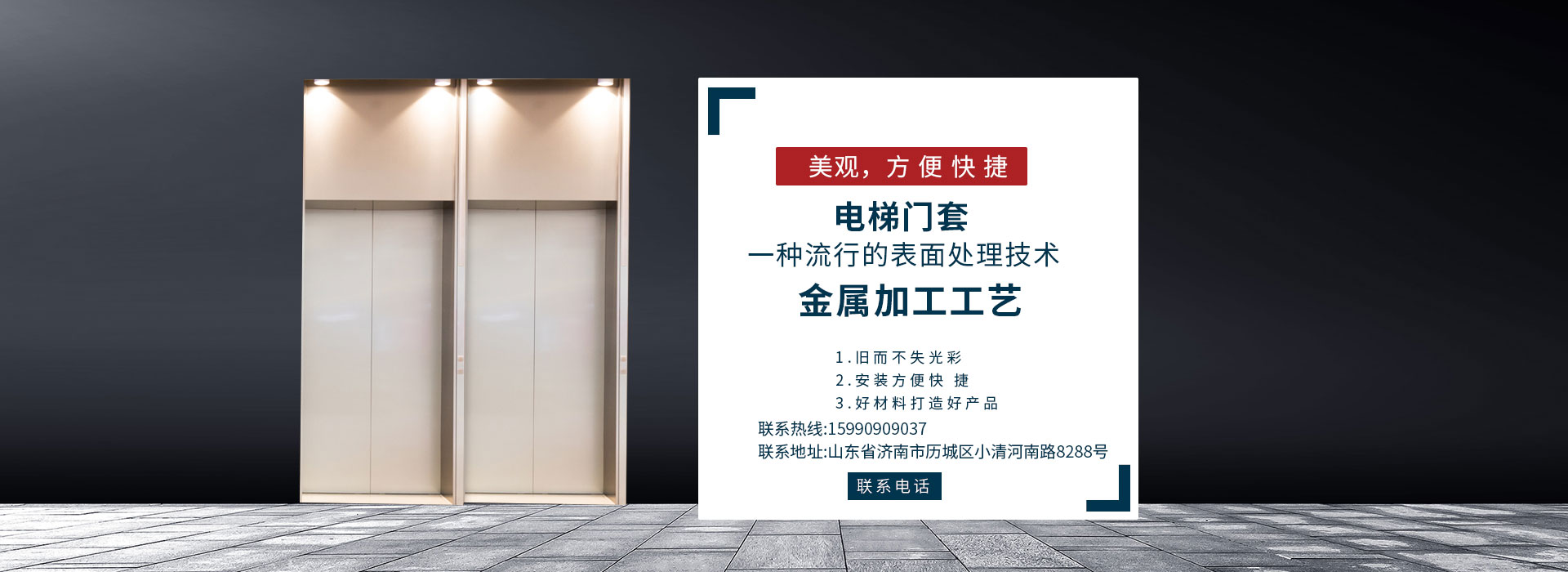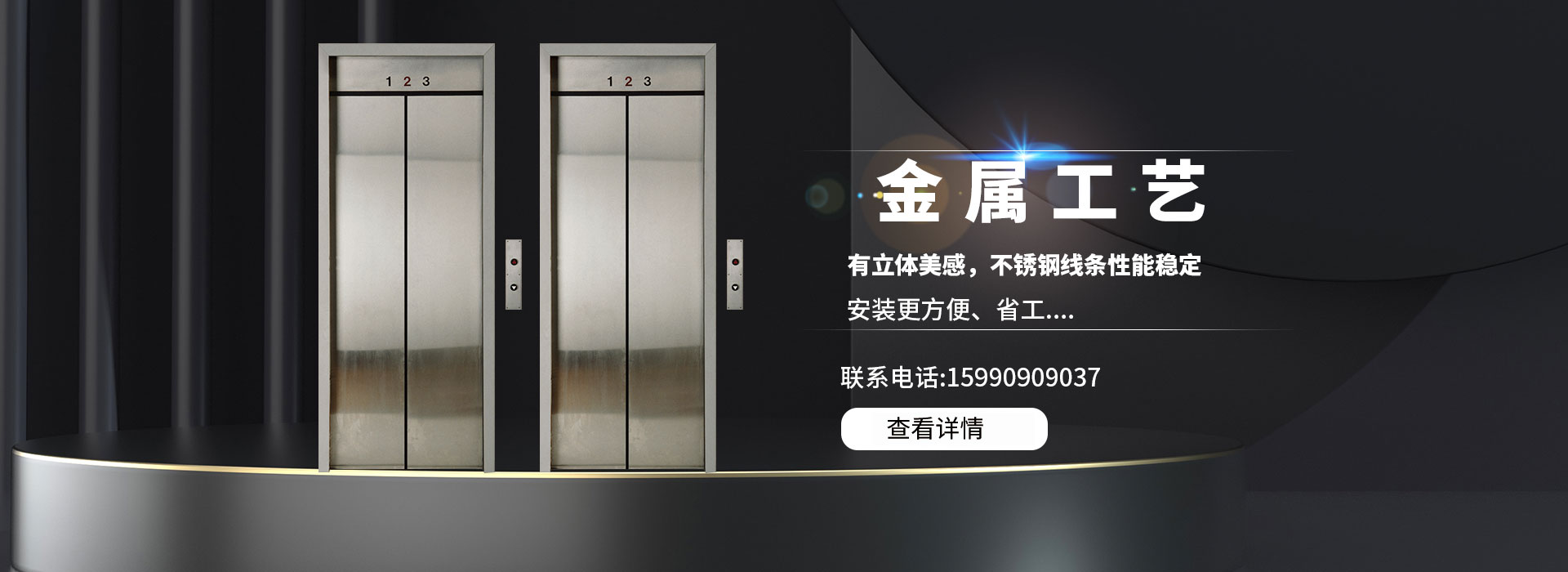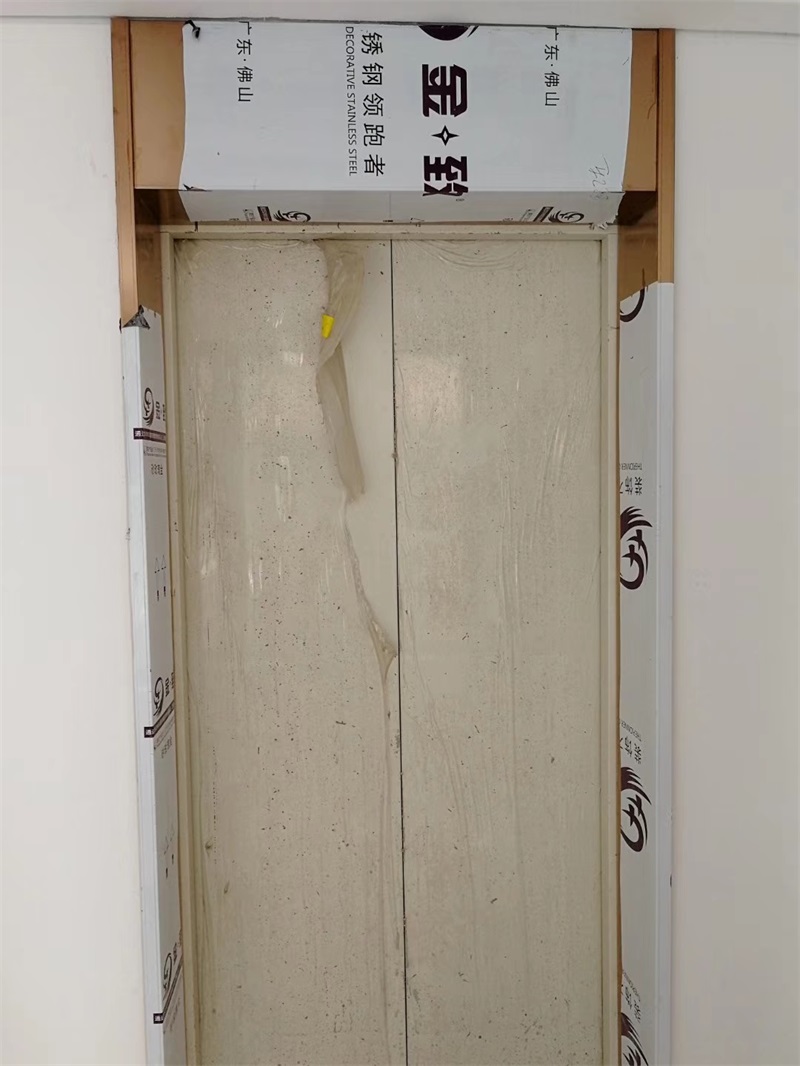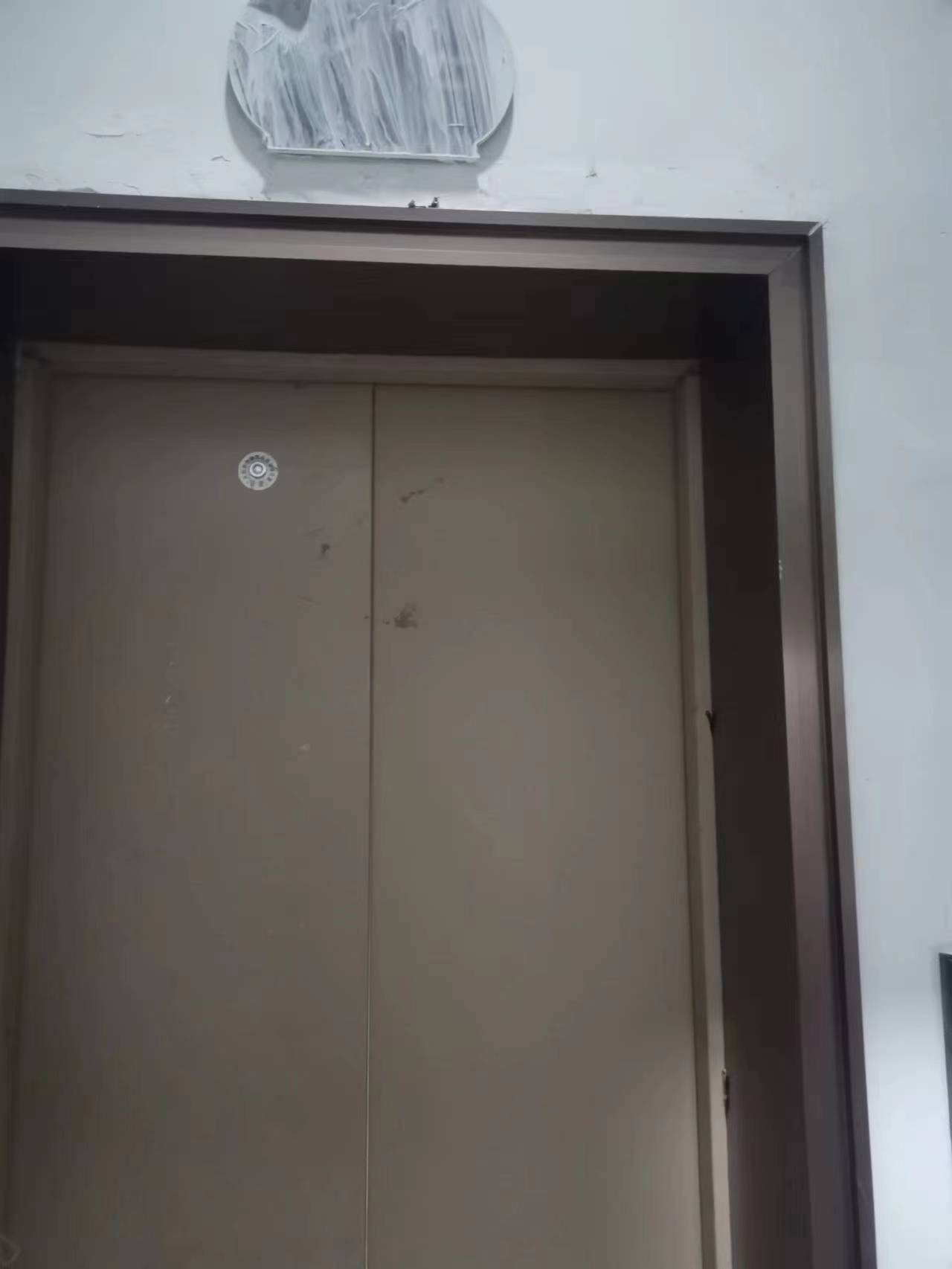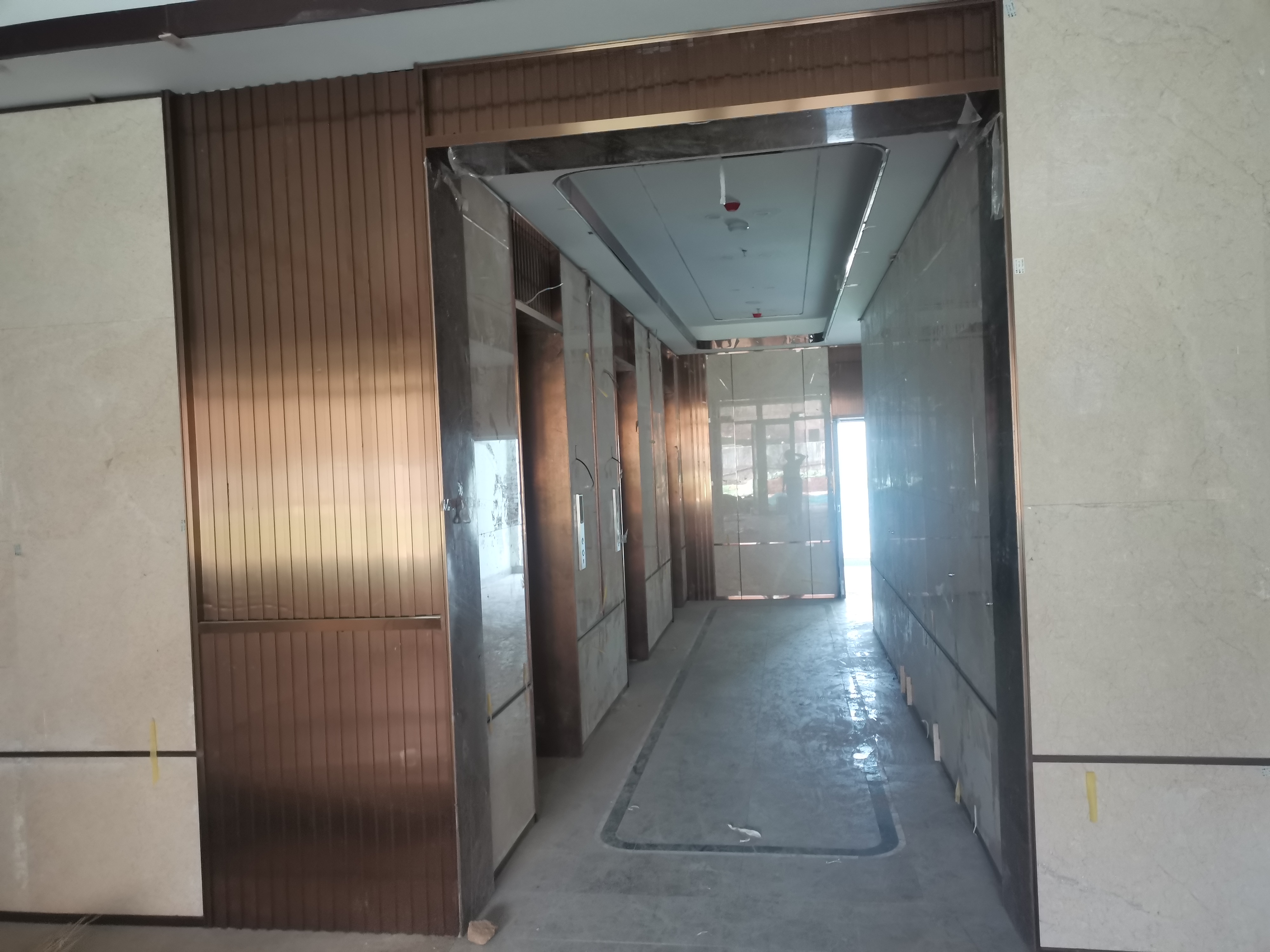電梯門套生產(chǎn)制作標(biāo)準(zhǔn)標(biāo)準(zhǔn)介紹
電梯門套的生產(chǎn)制作標(biāo)準(zhǔn)通常由國家相關(guān)部門或行業(yè)協(xié)會進(jìn)行制定和發(fā)布。以下是一般情況下電梯門套的生產(chǎn)制作標(biāo)準(zhǔn)的主要內(nèi)容:
The production and production standards for elevator door covers are usually formulated and published by relevant national departments or industry associations. The following are the main production standards for elevator door covers in general:
1. 材料要求:電梯門套通常由金屬或塑料材料制作而成,其選擇應(yīng)符合相關(guān)行業(yè)標(biāo)準(zhǔn)和安全要求。
1. Material requirements: Elevator door covers are usually made of metal or plastic materials, and their selection should comply with relevant industry standards and safety requirements.
2. 尺寸規(guī)格:電梯門套的尺寸應(yīng)與電梯門的大小相匹配,并滿足國家標(biāo)準(zhǔn)中規(guī)定的更小尺寸要求。
2. Size specifications: The size of the elevator door pocket should match the size of the elevator door and meet the minimum size requirements specified in national standards.
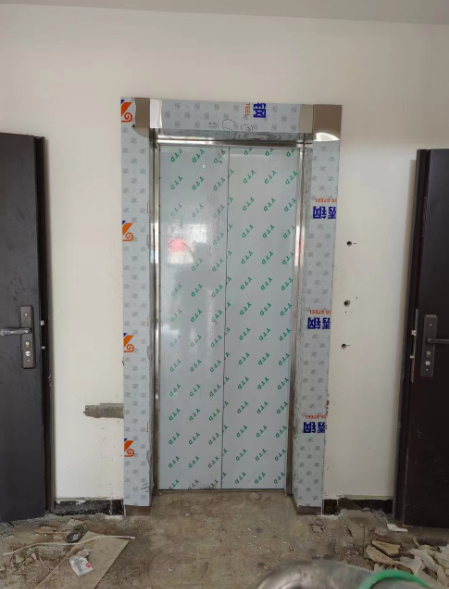

3. 表面處理:電梯門套的表面通常需要進(jìn)行一定的處理,如涂漆、噴涂等,以提供美觀和耐用的外觀。
3. Surface treatment: The surface of elevator door jambs usually requires certain treatments, such as painting, spraying, etc., to provide a beautiful and durable appearance.
4. 安裝固定:電梯門套在安裝時需要采取適當(dāng)?shù)墓潭ǚ绞剑_保其能夠穩(wěn)固地固定在電梯門上,并能夠承受一定的壓力和振動。
4. Installation and fixation: The elevator door cover needs to be properly fixed during installation to ensure that it can be firmly fixed on the elevator door and withstand certain pressure and vibration.
5. 耐火性能:對于一些特殊場所的電梯門套,如火災(zāi)逃生樓梯間,其耐火性能往往需要符合相關(guān)的消防標(biāo)準(zhǔn),以確保在火災(zāi)發(fā)生時能夠起到有效的阻隔作用。
5. Fire resistance performance: For elevator door covers in some special places, such as fire escape staircases, their fire resistance performance often needs to comply with relevant fire protection standards to ensure effective barrier effect in the event of a fire.
需要注意的是,具體的電梯門套生產(chǎn)制作標(biāo)準(zhǔn)可能因地區(qū)和行業(yè)而有所差異,建議在實際生產(chǎn)過程中參考相關(guān)的法規(guī)、標(biāo)準(zhǔn)和技術(shù)規(guī)范,以確保產(chǎn)品的質(zhì)量和安全性。。
It should be noted that the specific production standards for elevator door covers may vary by region and industry. It is recommended to refer to relevant regulations, standards, and technical specifications in the actual production process to ensure the quality and safety of the product..

